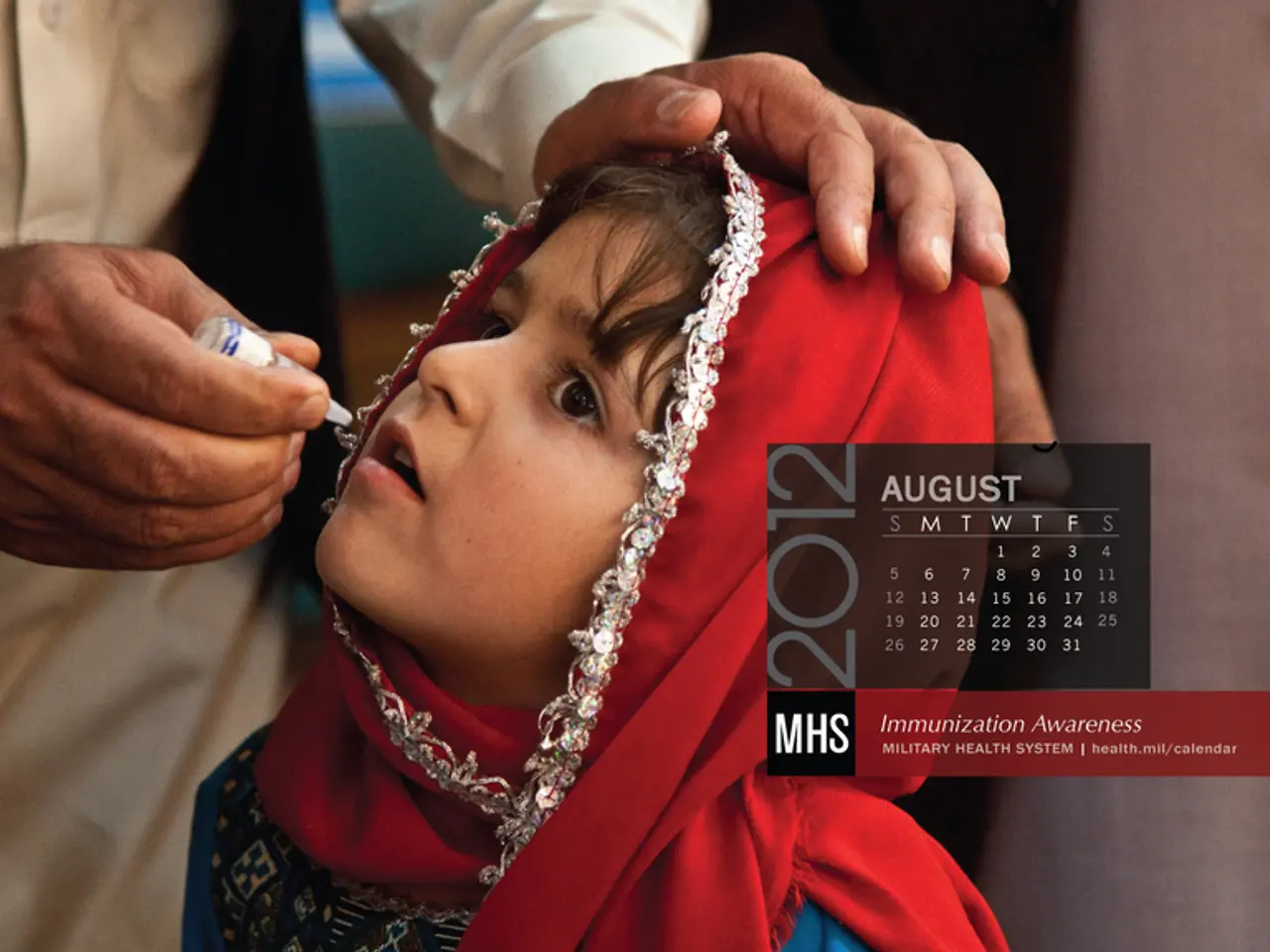Scientists uncover a promising route to a comprehensive COVID-19 vaccine relying on T cells
In a groundbreaking development, a team of scientists from Mass Eye and Ear, Massachusetts General Hospital (Mass General), and the Ragon Institute have identified 53 potential targets for a broadly protective T cell vaccine against various SARS-CoV-2 variants.
The study, published in the journal Cell, was supported by the National Institutes of Health, the Massachusetts Consortium of Pathogen Readiness (MassCPR), the Howard Hughes Medical Institute, the Ragon Institute, the Mark and Lisa Schwartz Foundation, Enid Schwartz, Sandy and Paul Edgerly, and other entities.
The team, led by Assistant Professor of Medicine at Harvard Medical School, Gaurav Gaiha, and Elizabeth Rossin, used an approach called structure-based network analysis to identify 311 highly networked epitopes in SARS-CoV-2. These epitopes are likely to be both mutationally constrained and recognized by CD8+ T cells, which are crucial components of the immune system. After careful analysis, they narrowed down the list to 53 epitopes that are most promising as targets for a T cell vaccine.
Highly networked epitopes function as support beams within a virus, connecting to many other parts of the virus. They are often identical or nearly identical across different viral variants, making them attractive targets for a vaccine that could provide long-lasting protection against multiple variants, including future ones.
To test the effectiveness of their findings, the team studied sequences from the newly circulating B.1.1.7 Alpha, B.1.351 Beta, P1 Gamma, and B.1.617.2 Delta SARS-CoV-2 variants of concern. Remarkably, only three mutations were found to affect the highly networked epitopes sequences, and none of the changes affected the ability of these epitopes to interact with the immune system.
Half of the recovered COVID-19 patients studied had T cell responses to the highly networked epitopes identified by the research team, confirming that the epitopes identified were capable of inducing an immune reaction.
While the current vaccines provide strong protection against COVID-19, it's unclear if they will continue to provide equally strong protection as more and more variants of concern begin to circulate. This new study shows that it may be possible to develop a broadly protective T cell vaccine that can protect against the variants of concern, such as the Delta variant, and potentially even extend protection to future SARS-CoV-2 variants and similar coronaviruses that may emerge.
The Ragon Institute, established in 2009 with a gift from the Phillip T. and Susan M. Ragon Foundation, focuses on HIV and infectious diseases, with a goal of benefiting patients. The Institute's work on SARS-CoV-2 is part of its ongoing mission to discover the basic biology underlying conditions affecting the eyes, ears, nose, throat, head and neck, and to develop new treatments and cures.
Gaurav Gaiha and Elizabeth Rossin have filed a patent application for this innovative approach. The study can be accessed with the DOI 10.1016/j.cell.2021.06.029.
Mass Eye and Ear, a member of Mass General Brigham, was founded in 1824 and specializes in ophthalmology and otolaryngology-head and neck surgery. Mass General, the original and largest teaching hospital of Harvard Medical School, was founded in 1811. Both institutions are at the forefront of medical research and patient care, driving the mission to discover and deliver the best treatments for their patients.
Read also:
- Understanding Hemorrhagic Gastroenteritis: Key Facts
- Stopping Osteoporosis Treatment: Timeline Considerations
- Tobacco industry's suggested changes on a legislative modification are disregarded by health journalists
- Expanded Community Health Involvement by CK Birla Hospitals, Jaipur, Maintained Through Consistent Outreach Programs Across Rajasthan








